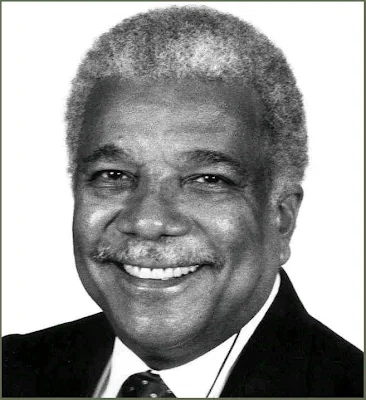
Leading Kenyan political scientist and academic, Prof. Ali Mazrui, has accused President Mwai Kibaki of plunging the relatively peaceful East African nation into tribalised bloodshed
by grabbing state power through a "civilian coup". "This (Kenyan post-election scenario) is a civilian coup at a presidential level," Prof. Mazrui, who is the director of Global Cultural Studies at State University of New York in the US, said.
The globally renowned scholar warned that the on-going diplomatic maneuvers and political tinkering to entrench Kibaki in power would be untenable in an ethnically polarised nation where "a particular group thinks they have been marginalised". "The ethnic factor is still alive in electoral behaviour across Africa. I don't agree with the notion that ethnicity is not the root cause of the Kenyan (electoral) problem," Prof. Mazrui argued on Wednesday during the Straight Talk Africa talk show programme on Voice of America, moderated by Ugandan-born American journalist Shaka Ssali.
Other analysts had previously warned that the post-independence political dominance and economic monopoly of the ruling Kikuyu people over a myriad of other tribes, makes Kenya susceptible to sustained genocidal war if the disparities are not addressed sooner. Prof. Mazrui, who said he had been labeled a Kibaki sympathiser during the heated campaigns, suggested that a handful of hawkish political cronies could have persuaded Kibaki not to relinquish power after the electoral defeat.
But Dr Jesse Mashate, a Ugandan-born journalist/communication policy consultant based in London, who was hosted on the same show via a video-link, said the plot to rig the disputed polls was mooted in 2005 after the government-touted referendum to amend the Constitution was defeated. The main issues of contention throughout the drafting of the constitution were over how much power should be vested in the presidency, with many believing that Kibaki was attempting to garner dictatorial powers. In previous drafts, those who feared a concentration of power in the president added provisions for European-style power-sharing between the President and a prime minister. However, the final draft of the constitution retained sweeping powers for the head of state. "The Kenyan situation is a general reflection of the upheavals in the Great Lakes region," Mashate said, adding, "Kenya seems to be joining the league of other disturbed countries like the DR Congo, Uganda, Sudan and Burundi to some extent."
Prof. Mazrui, who confessed to feeling "let down by the stolen elections", said only intensified pressure by the African Union and other world leaders, coupled with fresh polls within three months, could salvage Kenya from further turmoil. He suggested that the Kenyan Parliament should initiate a process for a popular referendum for a new and more liberal constitution and create the position of prime minister, which should be headed by the Opposition to balance political power.
Turning to American politics, Prof. Mazrui speculated that Barrack Obama, the Democrat contender in the race for White House could be assassinated if his popularity continued to surge like in past weeks. "There are many people who are worried about the life of Obama. If he becomes more and more popular, there could be a 'lunatic fringe' to sabotage or assassinate him," he said. Citing the 1963 assassination of President J. F. Kennedy and the similar shooting of Martin Luther King, Prof. Mazrui said the United States might be immune to collective crime but that "targeted" criminal killing is still rife in the world's most powerful nation.



Comments